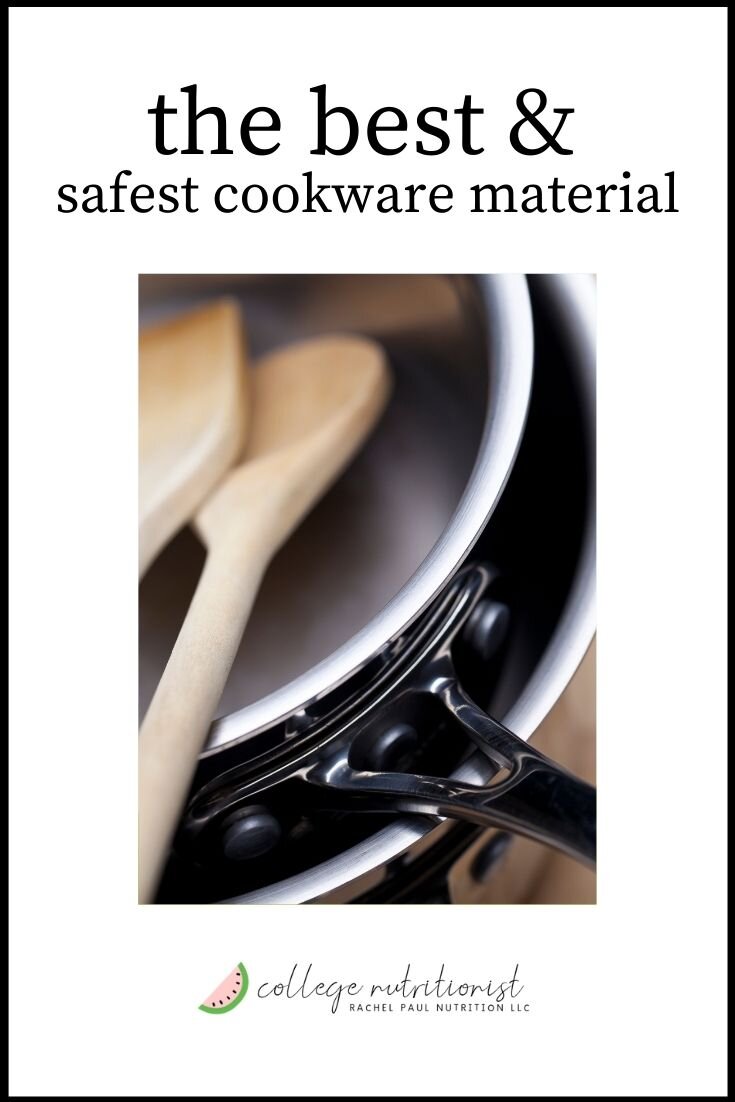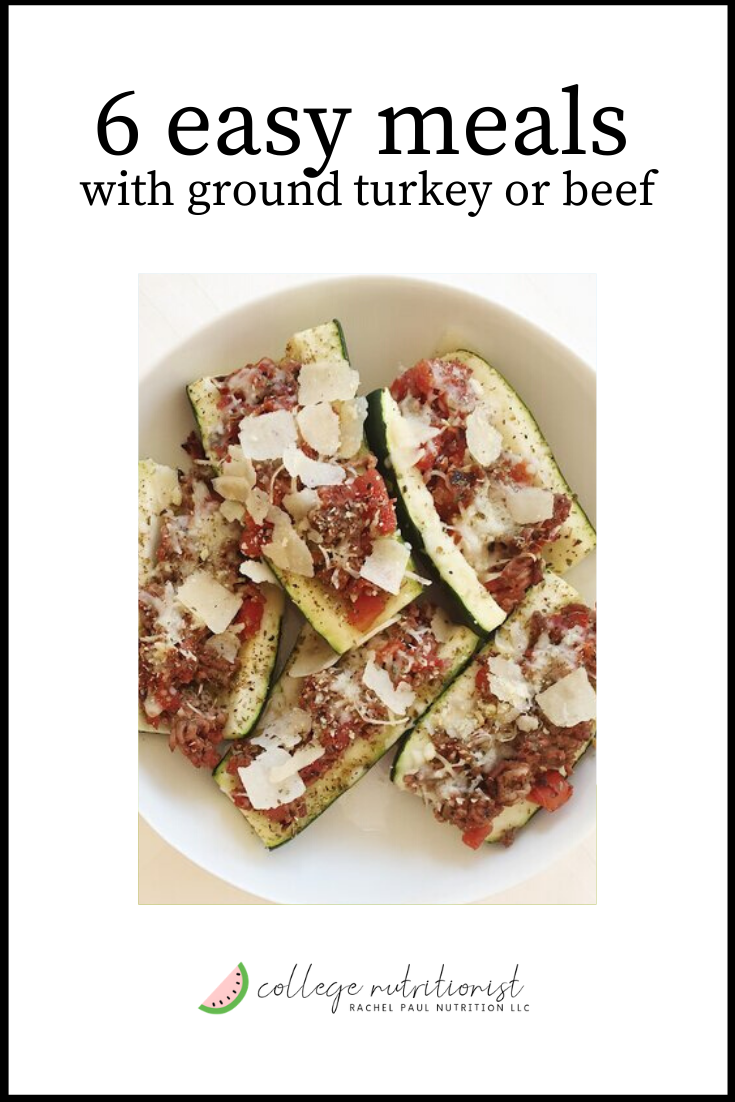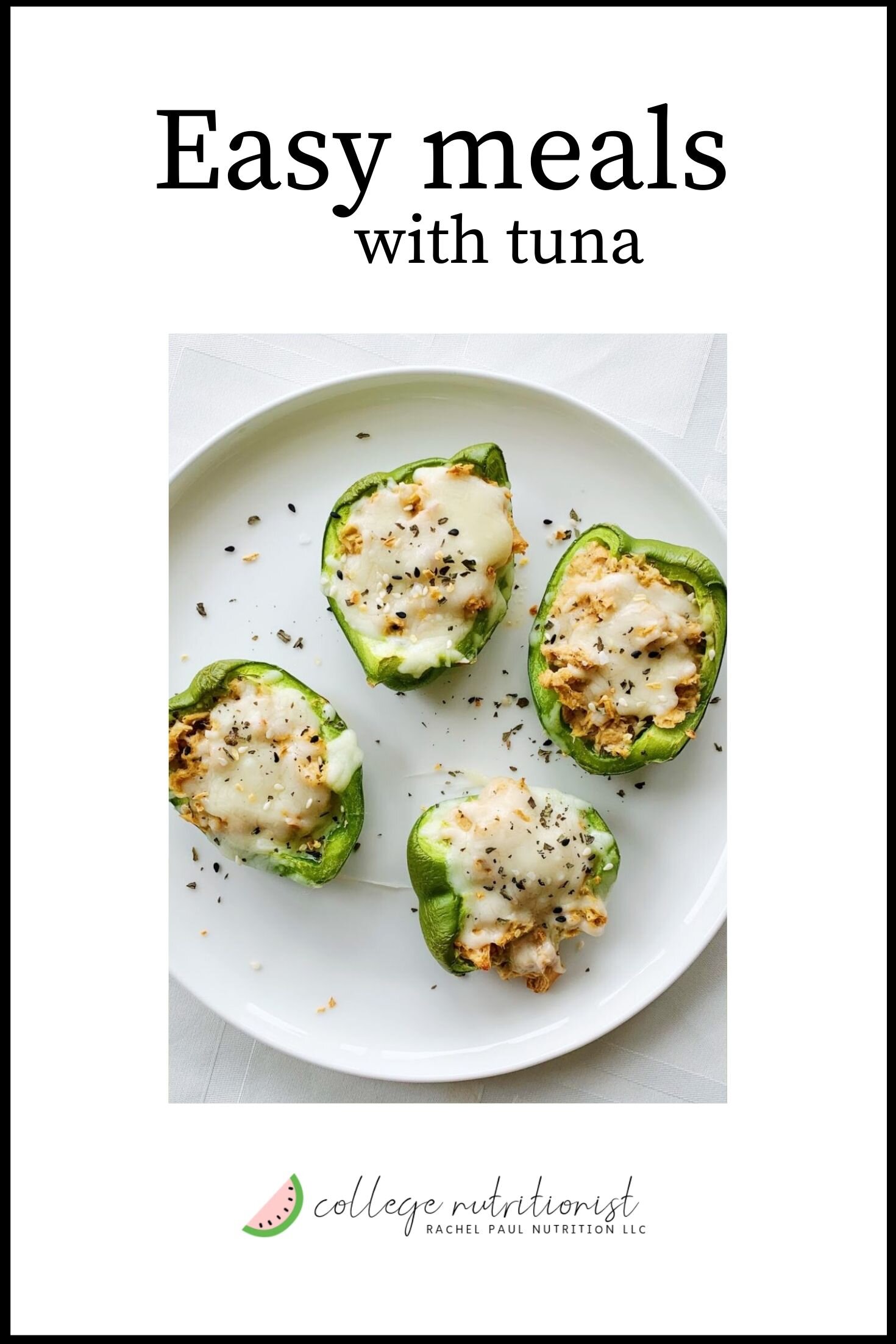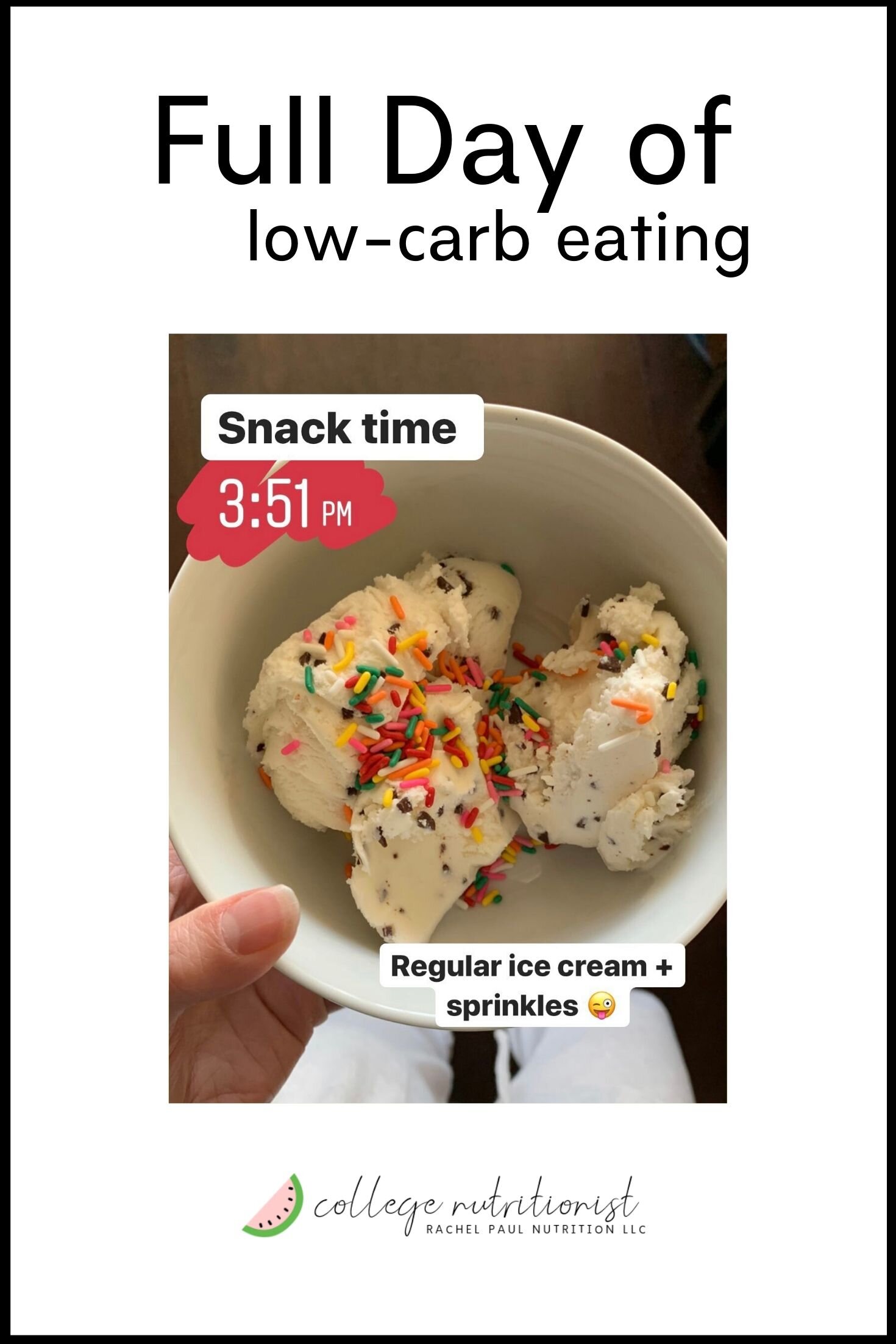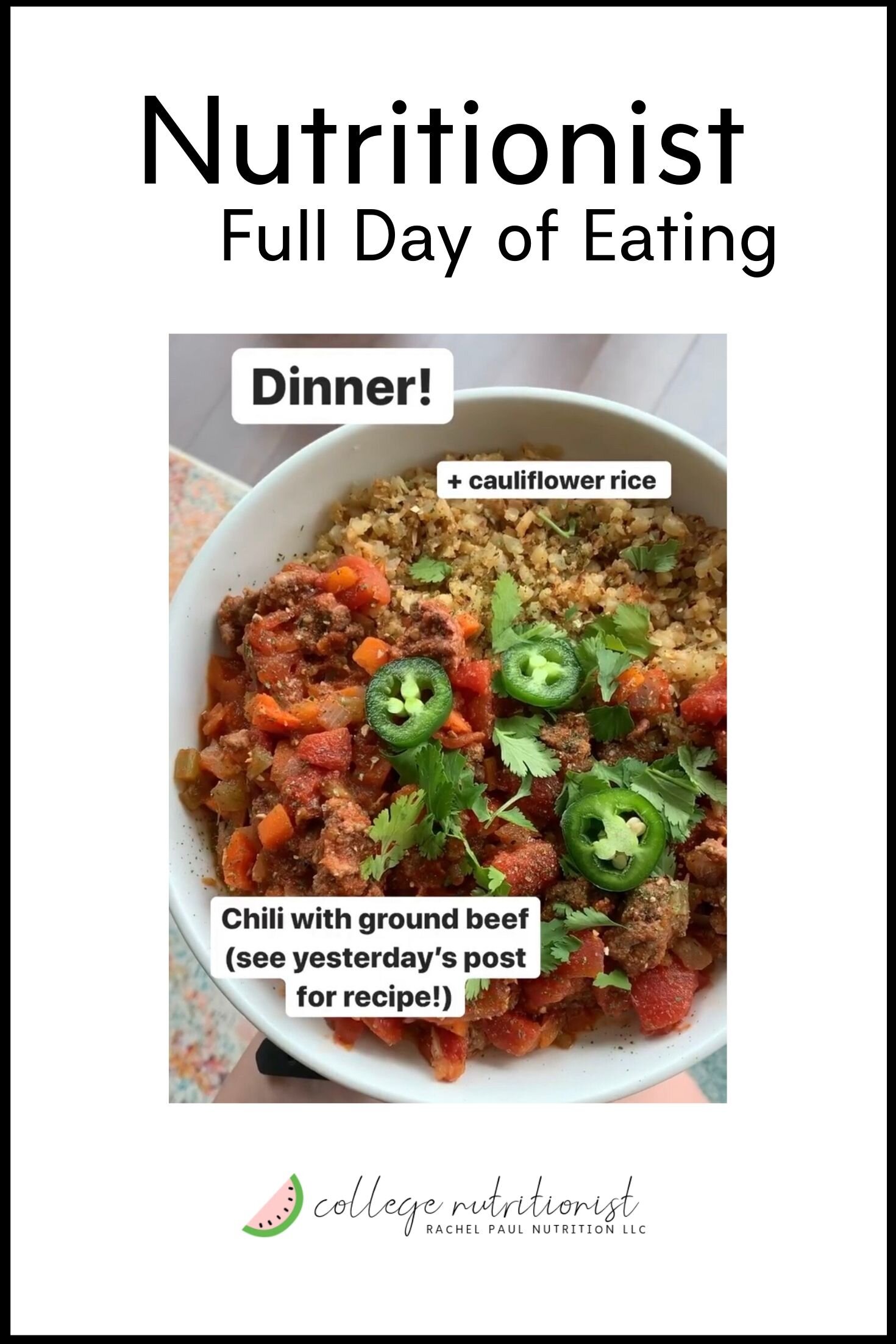Walking into a cookware section in any home supplies store can be overwhelming. There’s a huge range of different materials available nowadays but what is the difference between them?
One of the most obvious defining features is the price. Is that high price worth it? As a college student, you want to get bang for your buck and ensure you’re not being ripped off. Working out whether you should invest in high-cost cookware really comes down to your budget and if they’re worth the price.
You also need to think about the safety of cookware. You will be using it at high temperatures, over long periods of time so you need to ensure it’s not damaging your food and health not and into the future.
Every home cook needs good cookware, but not knowing which material to choose can be stressful.
So what should you look for in cookware? This post will help you choose the type of cookware material that is the best choice for you.
What Is The Best And Safest Cookware Material
Cast Iron Cookware
Pros
-
Your cast iron cookware will be in your life for a long time. This stuff is made to last so although the price can seem high, you won’t be replacing your frying pan constantly as it wears out. It’s very high quality.
-
The iron can leach into food cooked in cast iron. Which, despite the sound of it, is actually a good thing. Especially if you’re low in iron.
-
Once hot, cast iron cookware is great at holding that heat in, which makes it great for cooking at high temperatures. This means that you can transfer from stovetop to oven easily.
-
There are different types of cookware made from cast iron – from pans to a dutch oven (one of the most popular cast iron dutch ovens is from Le Creuset).
Cons
-
Cast iron cookware is not cheap. But, it will last decades. So if you purchase it now you will probably never need to buy another frying pan again. How crazy is that?
-
There is a very particular way that you need to clean your cast iron. It’s not onerous, but you just need to learn it and look after your pans. They’re an investment, remember.
-
Cast iron cookware is not designed to work well with acidic foods such as tomatoes, lemons, or cranberries. You can end up with color and flavor leeching into your delicious food. Other cookware such as stainless-steel, enamel-coated or glass is much better for this type of cooking.
-
It can take a while to heat up, so don’t be looking for instant high heat.
Ceramic Cookware
Pros
-
Most ceramic cookware isn’t actually completely ceramic. It’s made of metal and a ceramic coating is added which makes it more long-lasting than it would be otherwise.
Cons
-
You will need to wash this type of cookware by hand to maintain it.
Stainless Steel Cookware
Pros
-
Made up of nickel and chromium, this cookware lives up to its name. It’s resistant to rust and corrosion making it long-lasting without stains showing up.
-
It distributes heat well across its entire surface, no matter where the heat is coming from which makes it great for things like griddle cooking and flat baking sheets.
Cons
-
You will need to use a cooking spray of some sort to ensure a nonstick cookware finish on this type of cookware. Otherwise, you’ll be scraping food off the bottom of the pan.
Non-stick Cookware
Pros
-
Easy to cook with and you’ll have a speedy clean-up. The whole point of non-stick pans is to make sure the food is not cooked onto the surface which means your fried eggs will be easy to flip and you can clean up in no time, which also makes it great for beginner home cooks.
-
You can find cheap nonstick cookware options in almost all stores.
Cons
-
The non-stick coatings, generally Teflon, has been linked to several serious health conditions including thyroid disease and lung damage. They have since evolved the chemicals used in manufacture but there hasn’t been sufficient time to see if this has made the products safe in the long run.
Aluminum Cookware
Pros
-
Lightweight, which is great if you’re moving a lot between home, college, and new apartments.
-
It’s affordable, also important if you’re setting up a new apartment for the first time. There are a lot of things you’ll need to buy, so decide if you want to invest in cast iron forever pieces or if aluminum is going to be more practical for you at this stage.
Cons
-
There have been concerns that aluminum has been linked to Alzheimer’s, although these claims have never been proven.
-
The aluminum can leach into your food, but if you look for anodized aluminum you should be safer.
-
Aluminum cookware is not designed to work well with acidic foods such as tomatoes, lemons, or cranberries. You can end up with color and flavor leeching into your delicious food. Other cookware such as stainless-steel, enamel-coated or glass is much better for this type of cooking.
Copper Cookware
Pros
-
Copper cookware does conduct heat well and spreads it out evenly.
-
Similar to cast iron, copper can leach into your food which can have beneficial effects.
Cons
- Copper cookware sets can leach unsafe levels of copper into your food.
- Unlined copper is unsuitable to use on an everyday basis and often the linings of tin or nickel aren’t any better for you.
Cookware Tips
Cast Iron Cookware
- Never use in the dishwasher. Instead, wash with mild dish soap and dry.
- Cast iron isn’t naturally nonstick, it’s the oiling and seasoning that creates a layer that’s impenetrable. So make sure you are seasoning regularly.
- Always heat the pan before adding anything to it. Otherwise, if you add it cold, it may stick! The same goes for adding stuff to your dutch oven.
Ceramic Cookware
- Make sure to not use metal utensils with your ceramic cookware. For this type of cookware, look for wooden, silicone, plastic, or nylon options. This will help keep the finish smooth and make your cookware last longer.
- Don’t cut food in the pan as this can cut through the ceramic coating as well!
- Make sure you let your cookware cool down before putting it into cold water. If you want to add some water to let it soak straight after cooking, make sure it’s warmed up first.
Stainless Steel Cookware
- Make sure you get your pan hot before you add anything to it. Then add your oil. When you can see a nice sheen, you’re good to start adding your food to the pan.
- If your oil smokes, the pan is too hot. You need to let it cool down before you get busy cooking.
- Look for options with an “aluminum core” as this will help get the best heat distribution across your cookware.
Teflon Cookware (Non-Stick Cookware)
- Although this isn’t necessarily the safest cookware (before 2013, the usage of teflon cookware was linked to health concerns like cancer), you can prolong its life by not using metal utensils at all. This will help prevent the nonstick coating from chipping and ending up in your food.
- Don’t use high heat on your nonstick cookware. Stick to low or medium heat so that it doesn’t degrade the surface and it will prevent potentially toxic vapors from being released into the air.
- Skip the cooking spray when using your non stick pans. Yes, it’s super convenient to add a layer of extra non-stickiness to your pan, but it’s not helping. Nonstick cookware is designed to be nonstick, without the addition of other lubricants like oil or butter. And those oil sprays contain lecithin which will build up over time. And that new coating on your pan? It’s not nonstick. Or removable. So now your pan is basically useless. Stick with the coating or if you must, use straight oil from the bottle.
Aluminum Cookware
- Are you one of those people that throws cold water in a pan after you’ve finished cooking so that you can go and enjoy your meal, knowing that your dishes are already soaking? You need to stop. This is not good for aluminum cookware. The shock of going from hot to cold can cause damage. So instead, wait until it’s cooled down, then you can add some warm water for soaking.
- Skip the dishwasher and give your aluminum cookware some handwashing love to ensure it remains in tip-top condition for years to come.
- Make sure you’re drying your aluminum cookware properly to ensure that limescale doesn’t build up over time.
Copper Cookware
- Everything is going to happen faster with copper cookware. That means you want to get things ready to go before you start heating your pans up! Make sure you add something to the pan before you start heating — butter, oil, etc. You need something in there before it gets hot so just make a habit of doing it before you light the gas up.
- Skip the metal utensils as they may scratch the lining of your copper cookware. Instead, look for wooden or silicone options when cooking with this type of cookware, that will last just as long.
- Don’t get the copper cookware too hot (over 450 degrees) as this can degrade the tin lining, causing it to bubble, and then you’ll need to get it recovered. It can be hard to tell what temperature a gas flame is, so make sure you’re not turning it up as high as it’ll go, just to “get the pan hot”. This isn’t a smart move.
